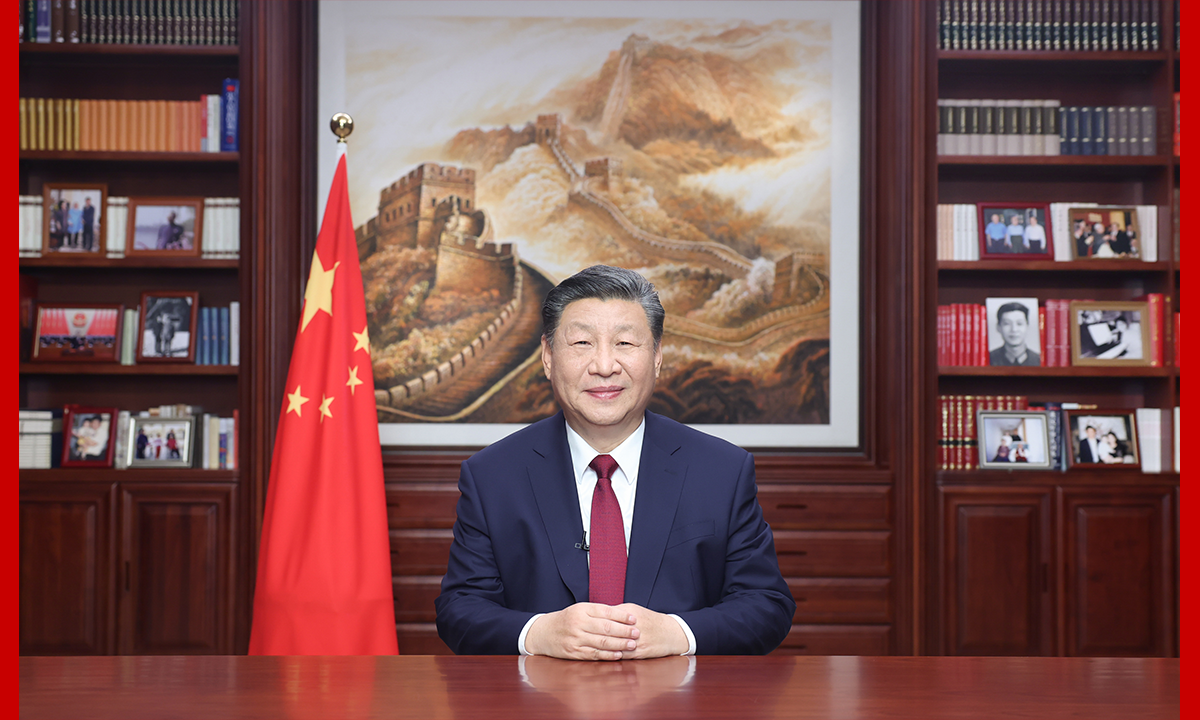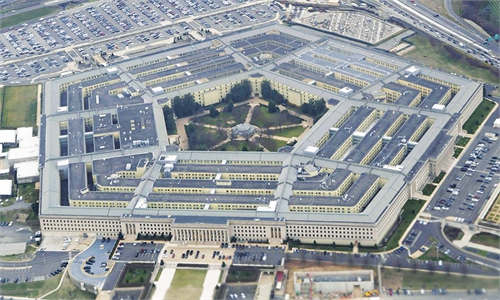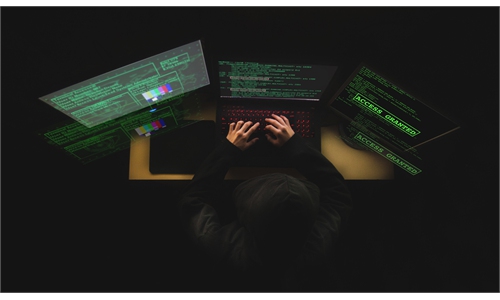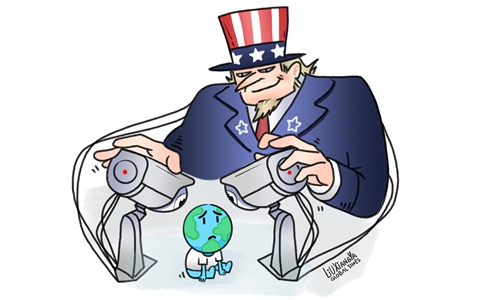
The planned subsidy rationalisation for fuel and the introduction of the Progressive Wage Model are two key elements for reforms.— Reuters
LAST week, this column explored what the year 2024 will bring to investors as expectations of cuts in global interest rates and lower inflation prints will likely be the main theme for global markets amid heightened geopolitical risk. This week, the focus is on Malaysia and what lies ahead.
Just over a year since the unity government was formed, the government remains strongly in place with additional support from even some opposition members of Parliament that has given Prime Minister Datuk Seri Anwar Ibrahim an upper hand in initiating change for the betterment of the country in terms of new legislations, amendments to existing laws as well as the much-talked about reform agenda.
The cabinet reshuffle and appointment to key posts such as the choice of Datuk Seri Amir Hamzah Azizan as the new second Finance Minister and Datuk Seri Johari Abdul Ghani as the new Plantations and Commodities Minister are welcome changes to the cabinet, although it would have been much better if the Prime Minister had relinquished the post of Finance Minister.
Political reforms
With more than three years to go before the next general election is called, it is time for this government to introduce some political bills that will make governance stronger irrespective of who is in power.
Key among them is limiting the terms of the Prime Minister to two terms, limiting the Prime Minister in office from holding any other portfolio, especially that of Finance Ministry, and introducing the political funding bill, which has been long-delayed.
Other key reforms include providing greater enforcement powers to agencies like the Securities Commission to ensure that capital market wrongdoers are severely punished and not subjected to the whims and fancies of an individual’s political affiliation or power.
Even the recent reprimand and action of several directors in relation to the Serba Dinamik Holdings Bhd fiasco was seen as a mere slap on the wrist, while minority shareholders and debt holders were completely wiped-out.
Separating the roles and power of the Attorney General and the Public Prosecutor will instill confidence in the judiciary process while the introduction of a race-relation bill too will certainly help issues related to 3R (race, religion, and royalty).
In the pipeline, the Freedom of Information Bill and Government Procurement Bill are the other two key reform agendas that are expected to be tabled, which will provide greater transparency and accountability.
These key reforms must be carried out, without fear.
Economic and social reforms
The planned subsidy rationalisation for fuel and the introduction of the Progressive Wage Model (PWM) are two key elements for reforms.
While this column does not agree that targeted subsidies are the right approach towards removing fuel subsidies and prefers a gradual and mannered approach to raising pump prices, it is hoped that the targeted subsidy mechanism will be implemented smoothly.
Failure is not an option as the political backlash can be severe for the sitting government.
As for PWM, the government’s incentive is welcome but it would be better if the government does not intervene in the labour market by providing wage subsidies to participating organisations.
The government will be better off by implementing a progressive increase in minimum wages by increasing the current minimum wage by RM200 to RM300 gradually every couple of years to reach at least RM2,500 by 2030.
Enforcement is also key as we are seeing how certain corporations are still paying wages below the current threshold level.
The government should also provide a wage guide for certain jobs to ensure compliance while jobs that no Malaysians want to be engaged in such as the 3D (dirty, dangerous and demeaning) jobs should be categorised separately.
In this category, the government should also step up the levies imposed on foreign workers to the extent it makes no sense to employ foreigners as our over-dependence on foreign labour has caused us to become a low-wage economy and being surpassed by countries like Vietnam, Indonesia, and Thailand.
Other economic reforms relate to Malaysia’s low tax to revenue, which is almost seven percentage points lower than the Organisation for Economic Cooperation and Development average of 19%.
Malaysia must make efforts to raise taxes via the introduction of not only new taxes (low-value goods tax, higher sales and service tax, and capital gains tax, are welcome moves to raise tax collection) but also the removal of the abundance of tax reliefs that are given to both individuals and corporations.
Malaysia needs to widen the tax net to have a greater number of taxpayers.
The introduction of e-invoicing beginning in August 2024 is a welcome incentive to capture the shadow economy as undeclared taxes will now be under greater scrutiny.
It is hoped that with e-invoicing, the government’s tax revenue will increase substantially to address some of the shortfalls that we presently experience in terms of tax collection.
Decent growth
The Malaysian economy is poised to expand by 4.5% in 2024, thanks largely to an expected recovery in the manufacturing and external demand while large infrastructure projects could propel the construction sector too to register above-average growth.
The multiple economic blueprints and Budget 2024 announced this year – the Madani Economy framework, National Energy Transformation Roadmap, New Industrial Master Plan 2030, and the 12th Malaysia Plan Mid-term Review are key catalysts to take Malaysia to the next level and must be executed well to ensure the targets set are met based on pre-determined timeline.
OPR on hold
While the consensus view is that Bank Negara will likely hold the overnight policy rate (OPR) at 3% in 2024, there is an even chance for the central bank to cut the rate by at least 25 or 50 basis points if economic growth doesn’t match the expected moderate pace or if inflation remains subdued.
After all, with most central banks turning dovish and ready to cut rates, the
spread between the OPR and other benchmark rates will narrow.
This will provide the central bank the monetary space to cut rates, especially if the ringgit recovers strongly in 2024.
Whither the ringgit?
Almost everyone who is asked their opinion on the ringgit has the same response – that the ringgit is undervalued.
Ironically, that opinion has been held for the longest time and yet the ringgit continued to weaken for one reason or another.
The key to the ringgit’s performance is not just about the investment and portfolio flows, but also the large element of errors and omission, which is a reflection of the level of illicit outflows that the country has been facing for a long time.
Until and unless the general view is that the government is doing the right thing to build market confidence with strong political stability, these outflows are not going to reverse anytime soon.
Hence, the government needs to instill this confidence not only among foreign investors (both foreign direct investments and non-resident portfolios inflows) but also among resident investors.
Having said that, with the ringgit last seen at about RM4.60.90 to the US dollar, down by approximately 5% in 2023, it is expected that the ringgit will regain ground in 2024 with RM4.46 being its fair value using the Bank of International Settlement’s effective exchange rate index.
Since the end of 2019, except for 13.1% and 1.3% gain against the Japanese yen and the Thai baht respectively, the ringgit has weakened 1.5% against the Indonesian rupiah and between 9.9% and 15.2% against other major currencies such as the British pound (minus 9.9%); Australia dollar (minus 9.9%); China yuan (minus 10.5%); euro (minus 11.8%); US dollar (minus 12.6%); and a deficit of 15.2% against the Singapore dollar.
2024 game changers
On Jan 11, 2024, the memorandum of understanding (MOU) between Malaysia and Singapore to establish the Special Economic Zone in Johor is expected to be inked and this will pave the way for both Malaysia and Singapore to capitalise on each other’s strength for the economic benefit of both nations, and in particular, for Johor.
The most important element of this MOU will be the scope, depth, and breadth of the agreement that could lift the demand for the Johor property market, in particular the industrial, commercial, and residential segments.
The other game changer would be the Request for Proposal process for the long-delayed Kuala Lumpur-singapore High-speed Rail (HSR), which is expected to kickstart from mid-january.
The HSR will be expensive and may not be economically feasible based on the cost involved, but Malaysia cannot afford not to build on large-scale infrastructure that will change the landscape of transportation in Malaysia as the next step would be to connect Kuala Lumpur to the Thai border as part of the Asean railway integrated line.
Looking at HSR models across the world, there are only a handful of profitable lines, yet new lines are still being built purely for socio-economic reasons.
Right stocks
While broking firms are largely fixated on the FBM KLCI index with the consensus view that the index may even hit 1,600 points based on a relatively inexpensive 12-month forward price-to-earnings ratio, the real outperformance will come from stocks that will benefit from the government’s reform agenda and infrastructure projects.
Recovery theme from a stronger external demand should benefit Malaysian exporters while selected property names too are expected to ride on the Johor theme that has already seen a strong momentum this year.
Plantation stocks too are expected to do better with higher crude palm oil prices in 2024 while building material companies should benefit from higher construction activities next year.
A word of caution – while 2024 looks promising, it will not be smooth sailing as the market is still concerned on the pace of rate reductions and by what quantum while domestically, the expected recovery in external demand, a benign inflation environment and sustained consumer demand are key to Malaysia’s economy in 2024.
In addition, the expected earnings growth pencilled in by broking firms is relatively high at 13.6%, which is likely to be met with disappointment along the way. The key will be the first and second quarter 2024 earnings momentum, which will set the stage for the market’s performance next yea
Wishing all readers a Happy New Year, may 2024 bring joy, happiness, and good fortune.
Related


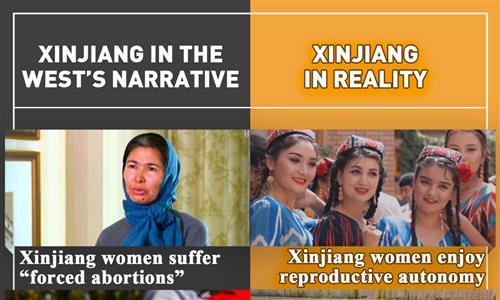

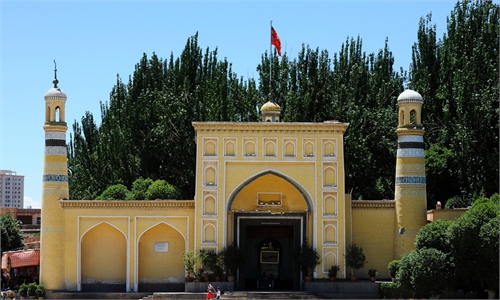



.jpg)


